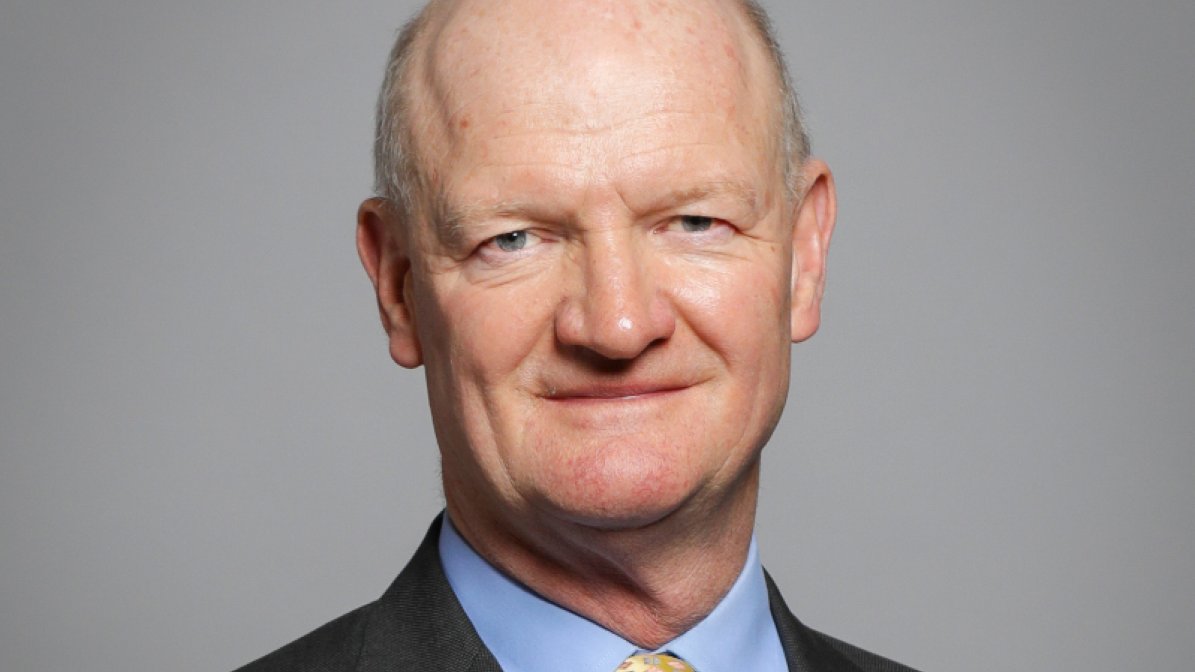Warming up the UK’s cold spots
There could be an open process of inviting applications for new entities to get on a route to university status. They could be bids to a start-up fund to help get it going. It would be a vivid and practical form of levelling up if priority were given to the cold spots which currently don’t have their own university. A starting assumption could be that every major town should have some form of higher education institution. Andrew Adonis and Tony Blair point out that: “There are 46 towns in England with a population of over 80,000 which still, in 2021, have no university of their own, including large and economically disadvantaged towns such as Hartlepool, Doncaster, Batley and Blackpool.”i That at least suggests a possible long list of candidates.
It does matter if a place has a university. Not all students are willing to live a long way from the family home. The basic rule is that the richer the parents the greater the likely distance of the university from the family home. So having a university nearby is particularly good for participation. And universities do of course bring well-paid jobs and surges in spending including extra export earnings from the spend by foreign students. They also promote local public services notably medicine. Indeed, the likely growth of number of medical students is an opportunity for a similar competition to create new medical schools.
Even if a place has one university a second one can provide a further boost — especially if it has a rather different mission and character. Research by Anna Valero and John Van Reenen at the LSE suggests “a 10% increase in the number of universities in a region is associated with 0.4% higher GDP per person.”ii
